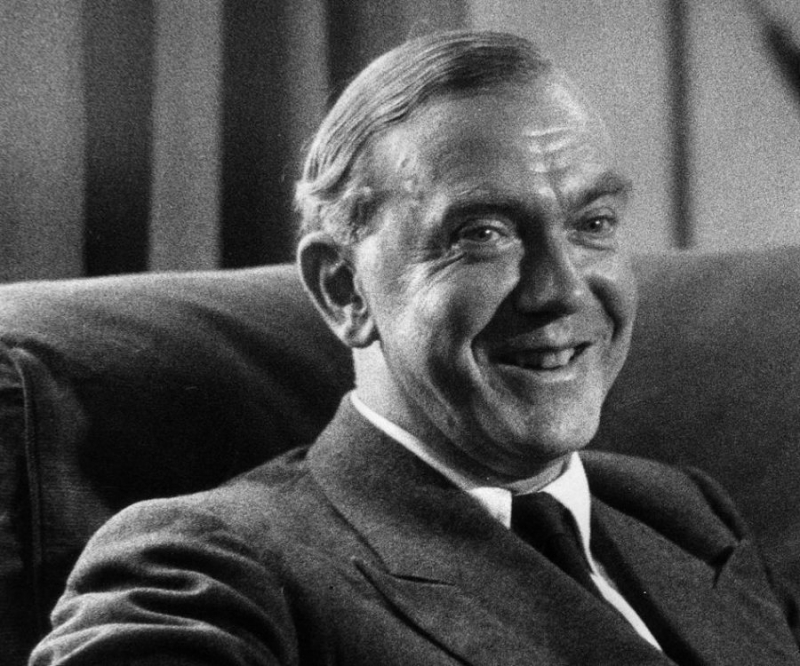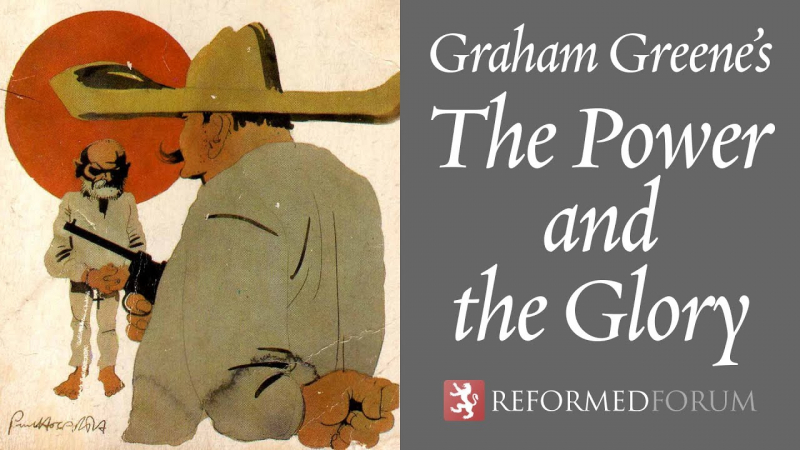Henry Graham Green
Henry Graham Greene (October 2, 1904 – April 3, 1991) was an English author and journalist who was widely recognized as one of the most influential novelists of the twentieth century. Greene established a name early in his life as a great writer of both serious Catholic novels and thrillers, combining literary recognition with widespread popularity (or "entertainments" as he termed them). In 1966 and 1967, he was nominated for the Nobel Prize in Literature. He tackled the competing moral and political dilemmas of the modern world throughout the course of 67 years of writing, which encompassed over 25 novels. He received the Shakespeare Prize in 1968 and the Jerusalem Prize in 1981.
He released his debut novel, The Man Within, in 1929, and it was well-received, allowing him to work as a novelist full-time. Greene originally divided his fiction into two genres (which he referred to as "entertainments" and "novels"): thrillers (often with notable philosophic overtones), such as The Ministry of Fear, and literary works, such as The Power and the Glory, on which he believed his literary reputation would be built. Greene's keen interest in the workings and intrigues of international politics and espionage can be seen in a number of works, including The Confidential Agent, The Quiet American, Our Man in Havana, The Human Factor, and his script for The Third Man.
The novel The Power and the Glory was published in 1940. The title is a play on the doxology "For thine is the kingdom, the power, and the glory, forever and ever, Amen," which is typically chanted at the end of the Lord's Prayer. The Labyrinthine Ways was the title given to it when it was first published in the United States.












